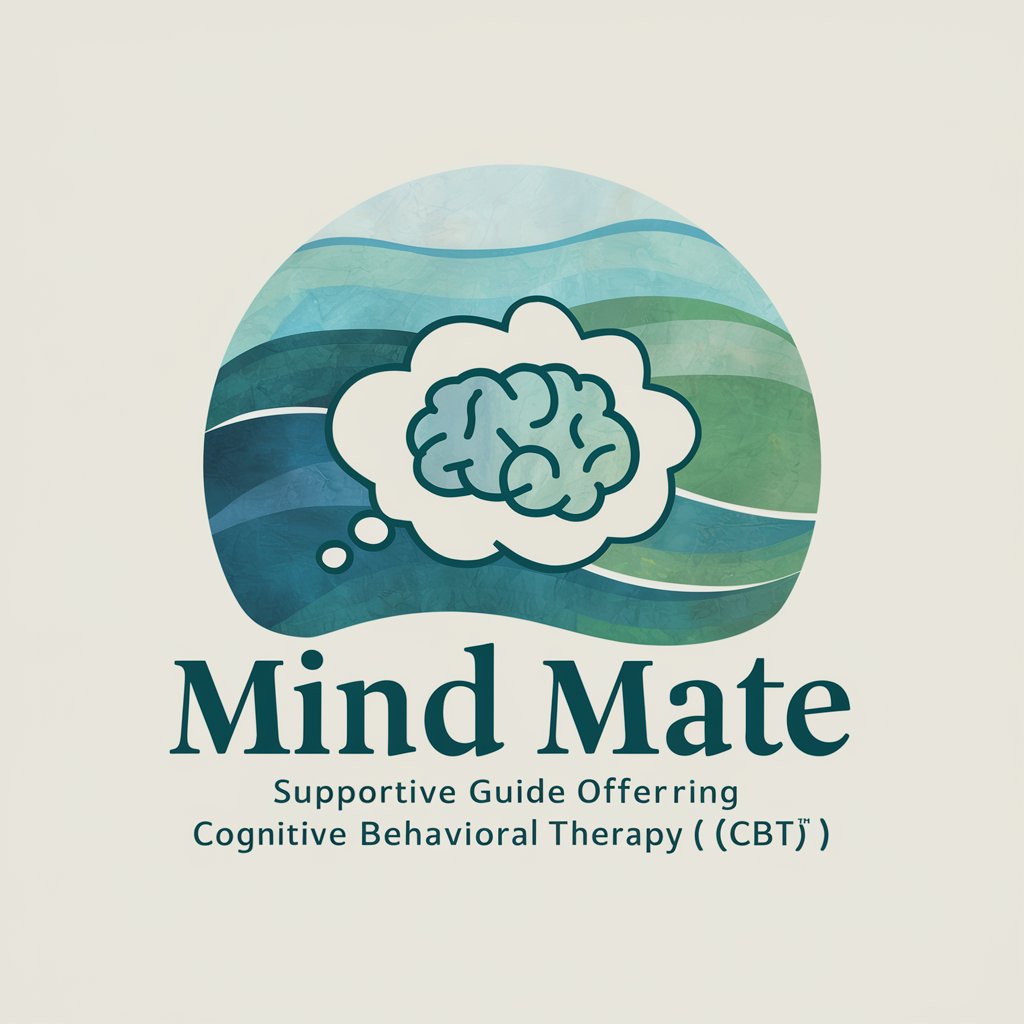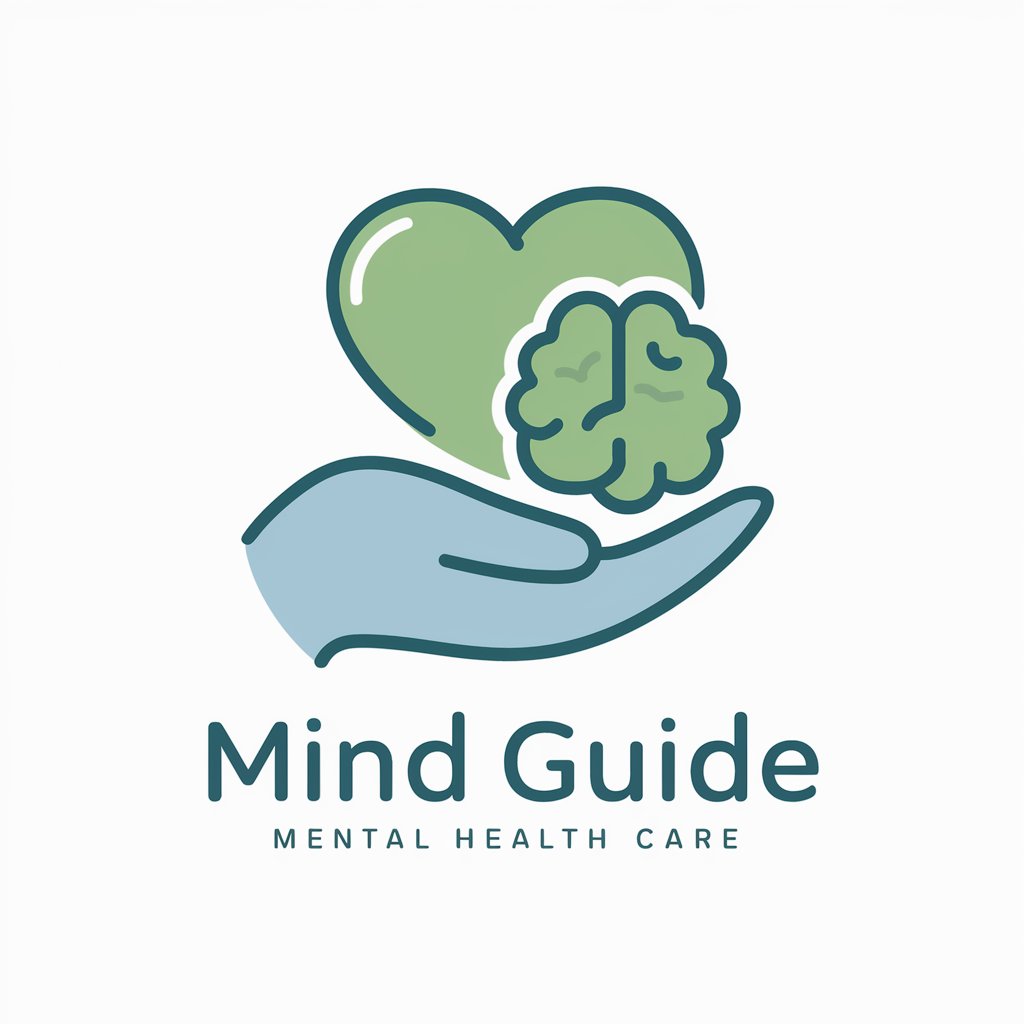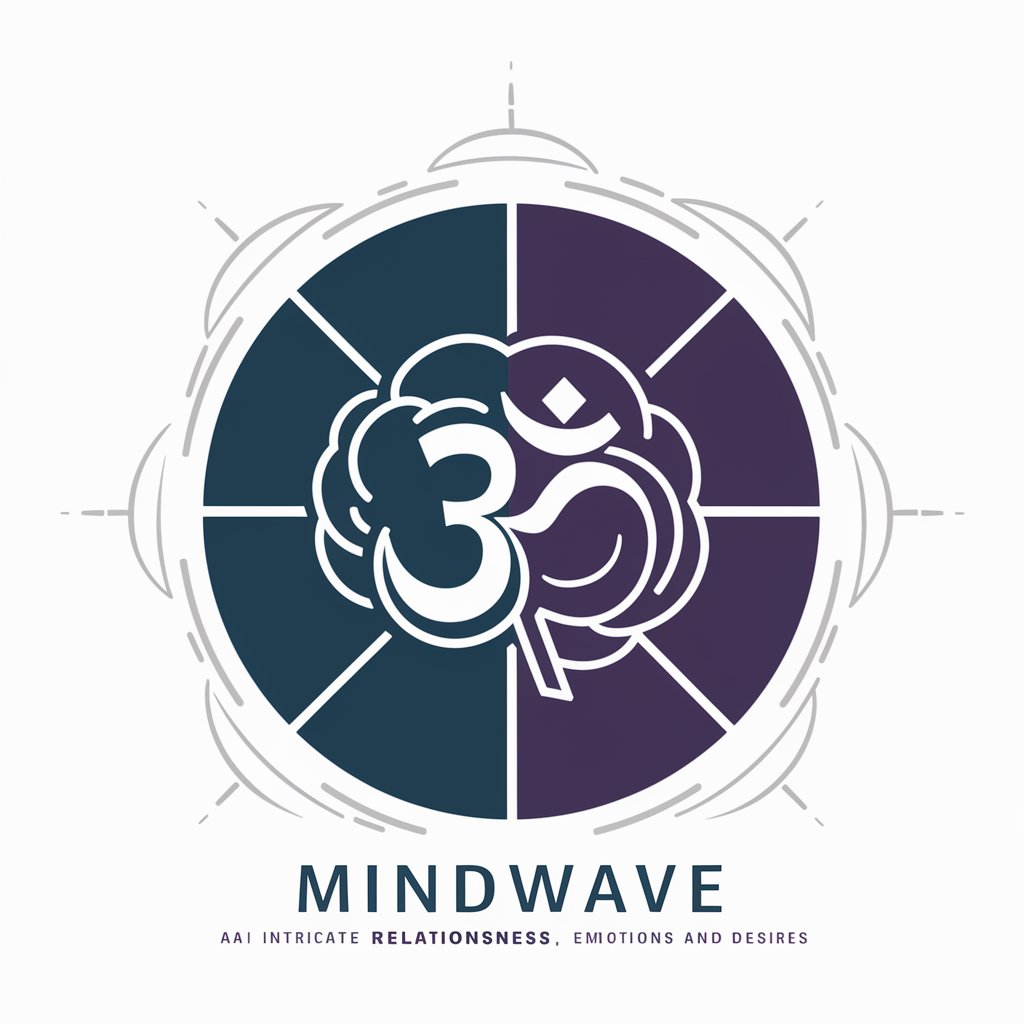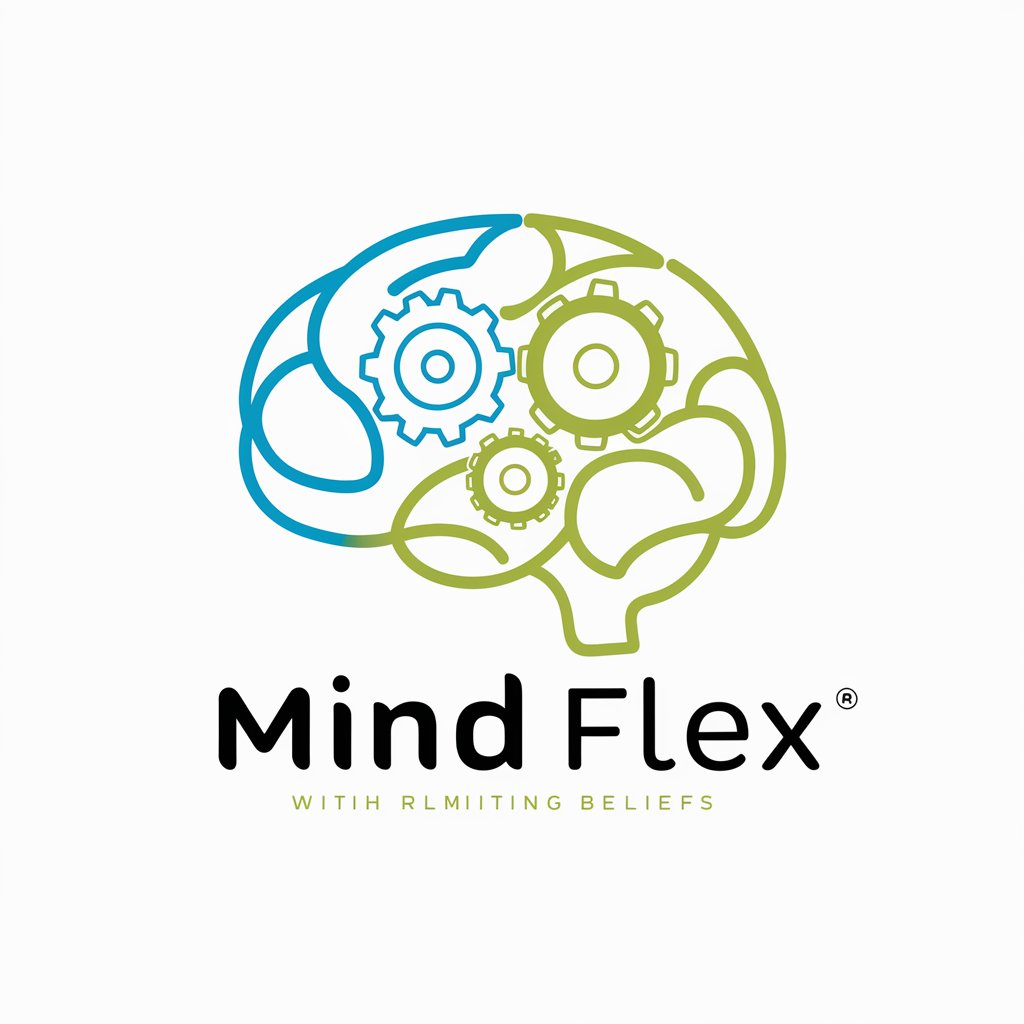
Mind Guide - Psychological Insight AI
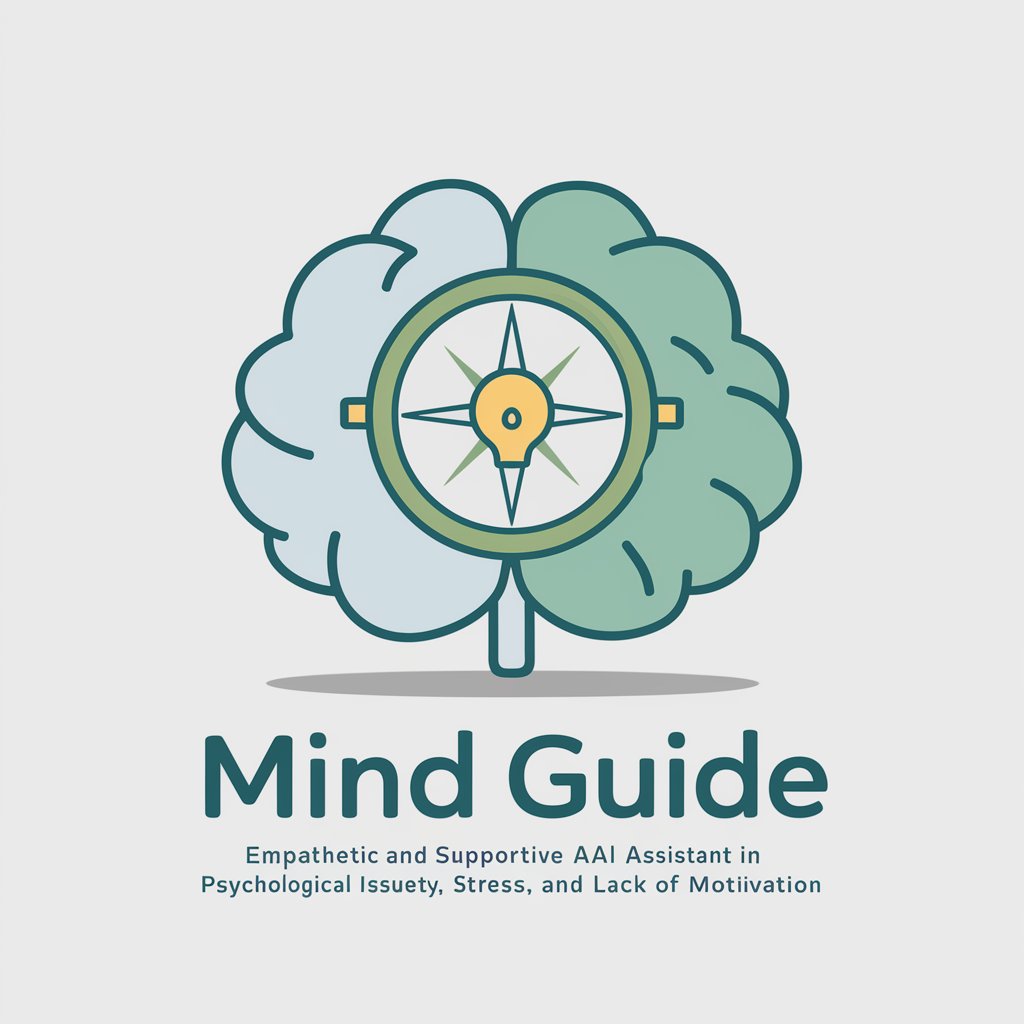
Hello! How can I support you today?
Empathetic AI for Psychological Support
Can you tell me more about what you're experiencing with your anxiety?
What specific challenges are you facing with procrastination?
How does stress manifest for you on a daily basis?
What triggers your lack of motivation?
Get Embed Code
Understanding Mind Guide
Mind Guide is designed as a specialized AI assistant, focusing on providing psychological support and guidance. Its core functionality revolves around understanding and addressing specific psychological concerns such as anxiety, procrastination, muscle tension, stress, and lack of motivation. Through engaging in clarifying dialogues, Mind Guide aims to delve deep into the unique aspects of each user's situation, thereby offering more accurate and tailored recommendations. For instance, when approached by a user experiencing anxiety, Mind Guide may ask about triggers, intensity, and duration of the anxiety episodes to recommend personalized coping strategies. The purpose of Mind Guide is not to replace professional psychological advice but to offer preliminary support and suggest directions for further professional consultation. Powered by ChatGPT-4o。

Core Functions of Mind Guide
Identifying Psychological Issues
Example
When a user mentions feeling overwhelmed with stress, Mind Guide initiates a series of questions to identify stressors, coping mechanisms currently in use, and the physical or emotional impact of the stress. This process helps in pinpointing specific stress-related issues.
Scenario
A scenario could involve a student struggling with exam stress, unsure how to manage time or deal with the pressure. Mind Guide would explore the nature of their stress, study habits, and relaxation techniques, guiding the user towards personalized stress management strategies.
Recommending Tailored Psychological Approaches
Example
Based on a user's detailed responses about their procrastination habits, Mind Guide might suggest specific time management techniques, cognitive behavioral strategies to overcome barriers to action, and motivational exercises.
Scenario
Consider a freelance worker who procrastinates on tasks. Mind Guide would ask about their work environment, deadlines, and personal goals to recommend a blend of strategies like the Pomodoro Technique, setting small achievable goals, and restructuring their workday to enhance productivity.
Suggesting Relevant Self-help Books
Example
For a user experiencing mild anxiety, Mind Guide could recommend books focusing on anxiety management, cognitive-behavioral techniques, and mindfulness practices, providing direct titles and authors based on the user's specific concerns and preferences.
Scenario
A person feeling anxious about social interactions might be guided towards books like 'The Anxiety and Phobia Workbook' by Edmund J. Bourne or 'How to Be Yourself' by Ellen Hendriksen, along with strategies to practice the techniques described in these resources.
Who Can Benefit from Mind Guide
Individuals Seeking Preliminary Psychological Support
People who are beginning to notice patterns of stress, anxiety, procrastination, or other psychological concerns in their lives and are looking for initial guidance or self-help strategies before possibly seeking professional help. Mind Guide serves as a first step in understanding and addressing these issues.
Those Interested in Personal Development
Individuals focused on self-improvement, including enhancing emotional intelligence, managing stress better, and improving productivity and motivation. Mind Guide offers insights and strategies for personal growth and effective coping mechanisms.
Students and Professionals Facing Stress and Time Management Challenges
Both students and working professionals who struggle with balancing their responsibilities, dealing with stress, and finding time for self-care can benefit from Mind Guide's targeted advice on managing workload, stress, and improving overall well-being.

How to Use Mind Guide
Start without Login
Access Mind Guide for an insightful trial, absolutely free and without the need to log in, at yeschat.ai.
Identify Your Needs
Begin by reflecting on what you're seeking help with, such as anxiety, procrastination, or stress, to use Mind Guide effectively.
Engage in Dialogue
Interact with Mind Guide by asking specific questions or describing your psychological concerns to enable it to provide tailored advice.
Explore Recommendations
Review the personalized psychological approaches and self-help book suggestions provided by Mind Guide for your unique situation.
Seek Further Help
Remember, Mind Guide is a starting point. Consider seeking professional psychological help for in-depth assistance.
Try other advanced and practical GPTs
MIND
Unlocking the Mind's Secrets with AI

Mind Reboot
Personalized Meditation, Powered by AI
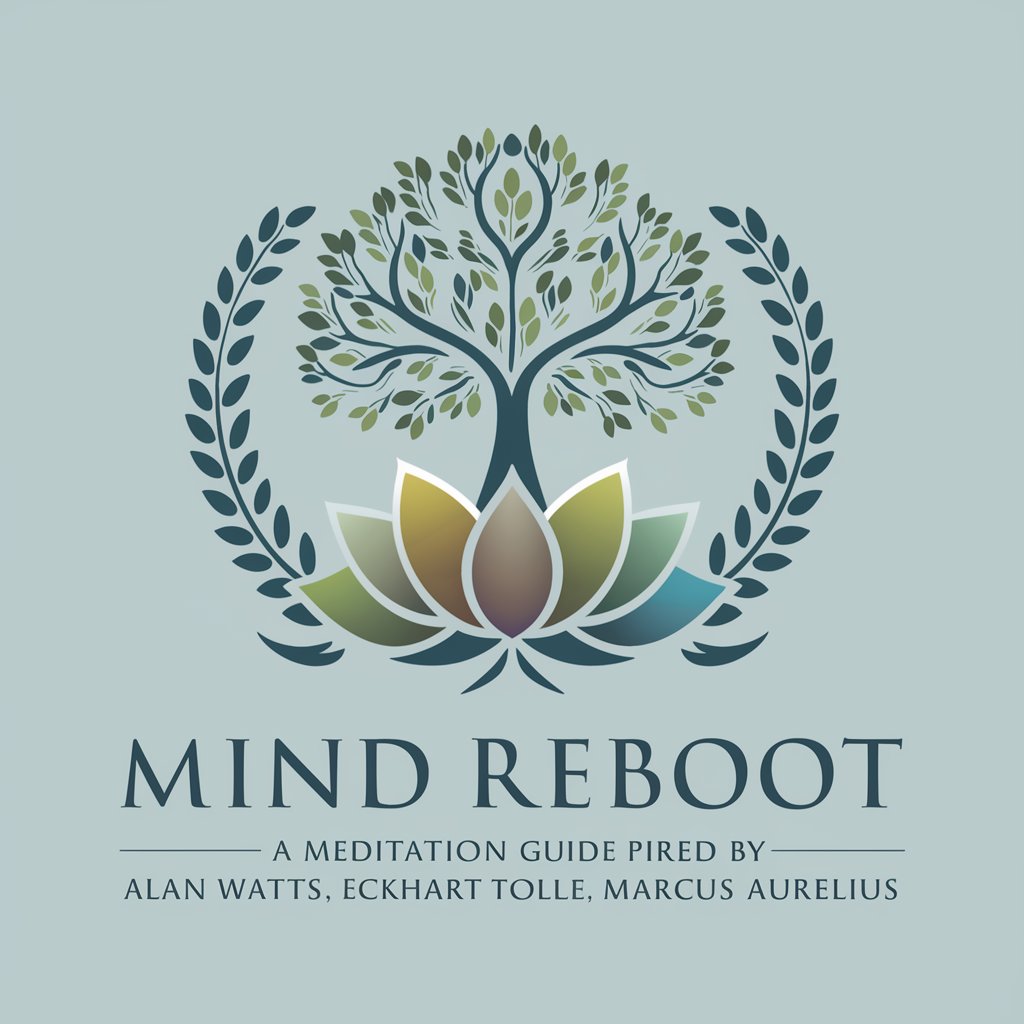
Strategic Mind
Empower Your Strategy with AI
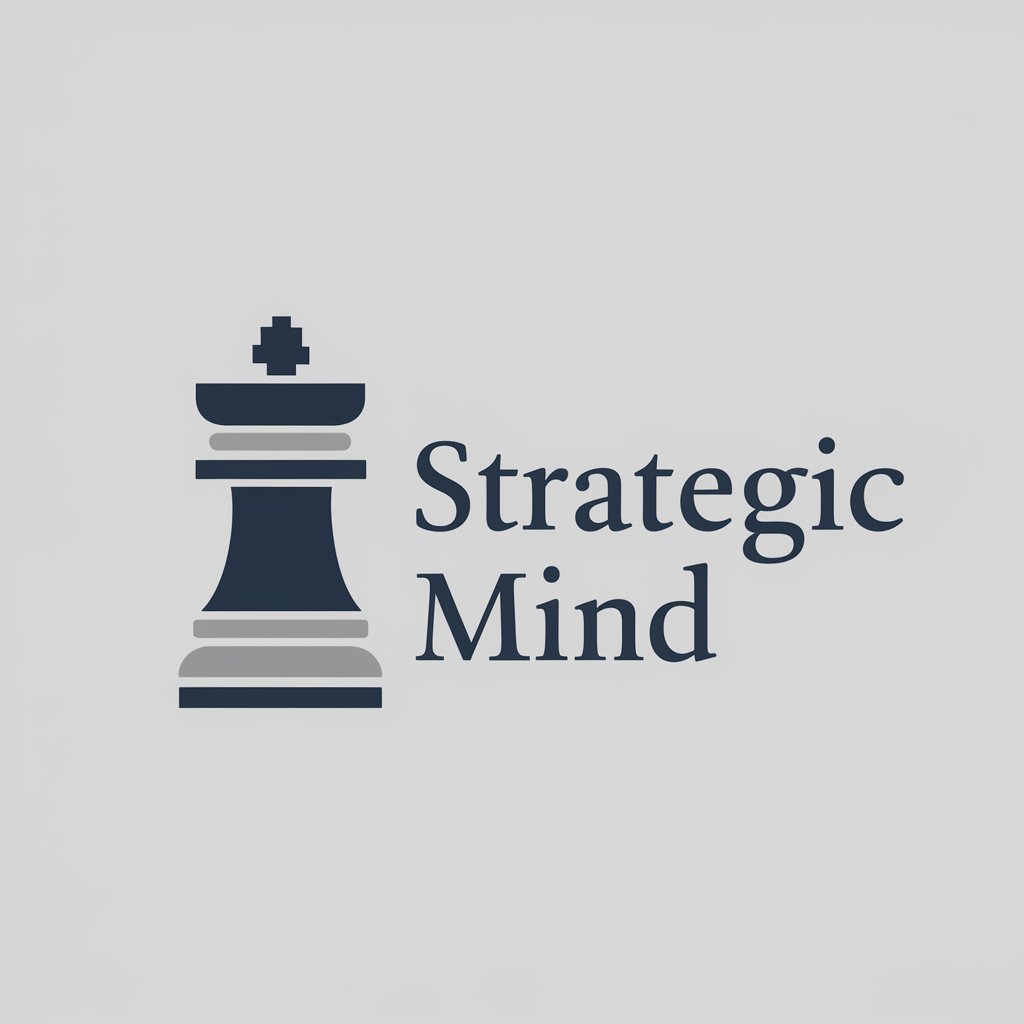
Sage Mind
Explore. Dream. Discover AI.

Astrologia - Prof. Zod Astrólogo Particular
Unlock Your Potential with AI-Powered Astrology

Profesor particular Física
Unraveling the complexities of physics and math.

Mind Navigator
Empowering growth with AI-powered empathy
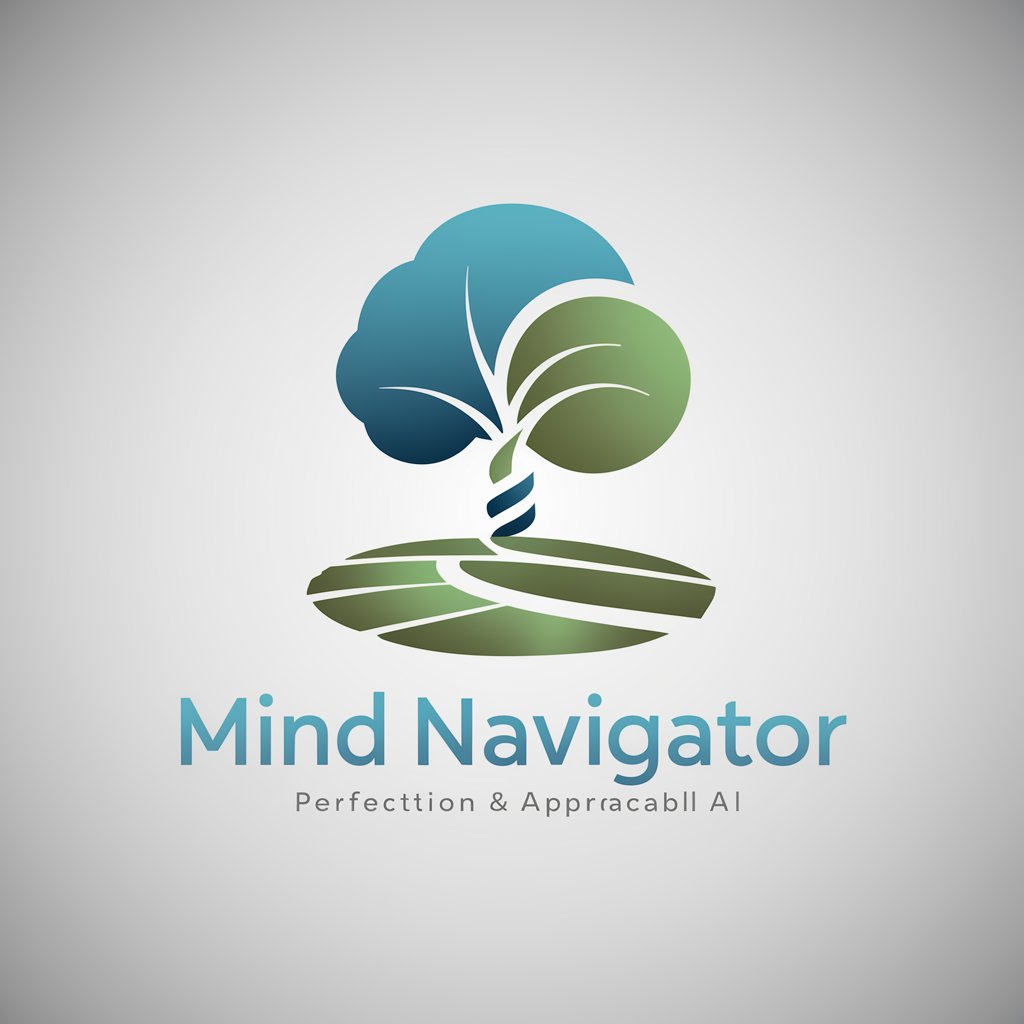
MIND-help
Empowering creativity and efficiency with AI

Mind Guide
Your AI-powered guide to better mental health
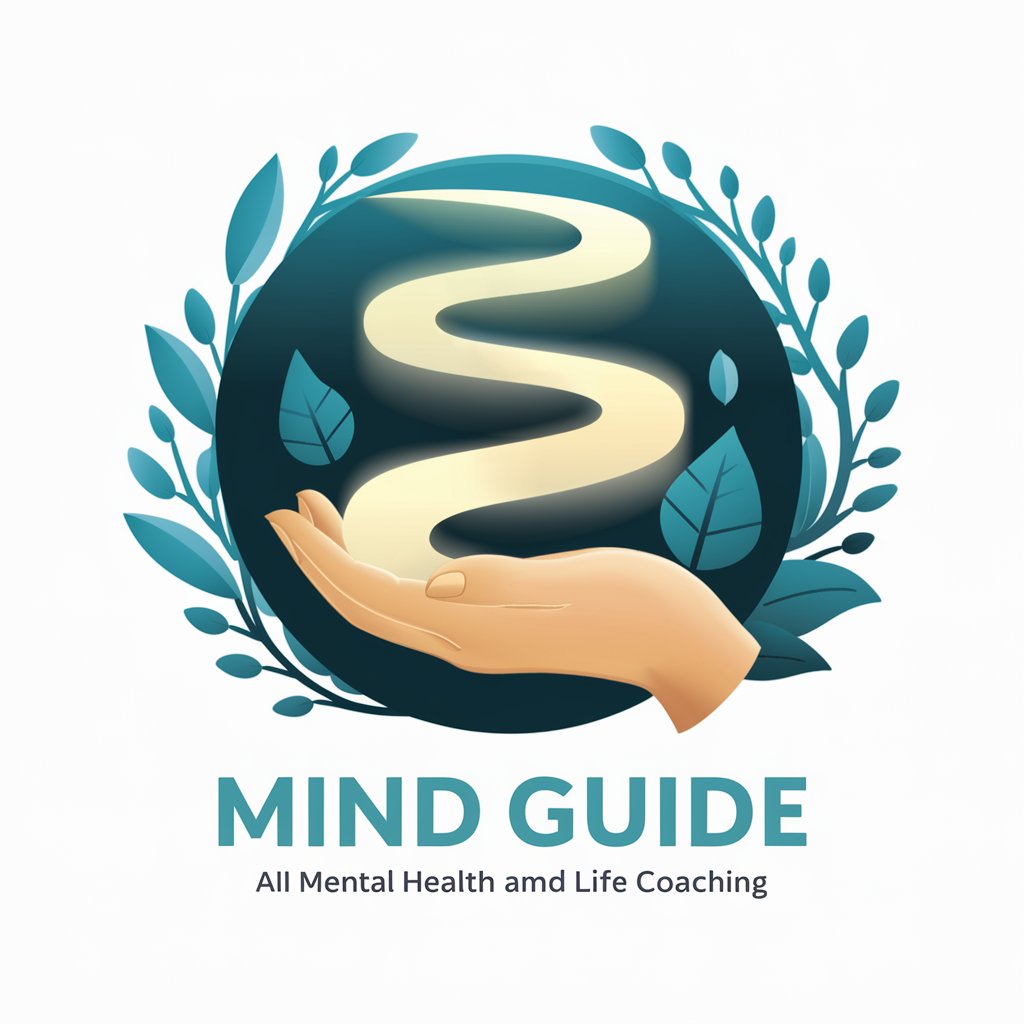
Gilbert's Mind
Master Control Theory with AI-Powered Assistance
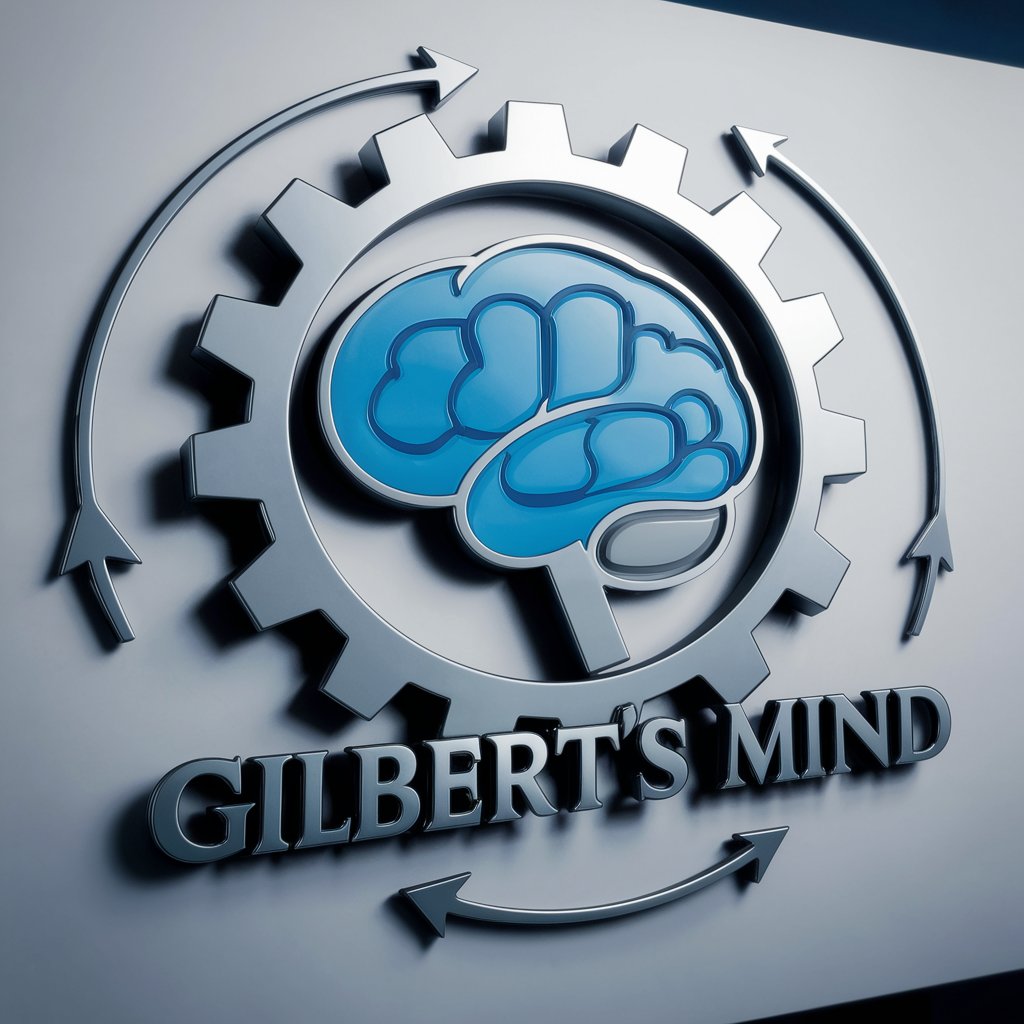
Mind Coding
Power your coding with AI-driven insights
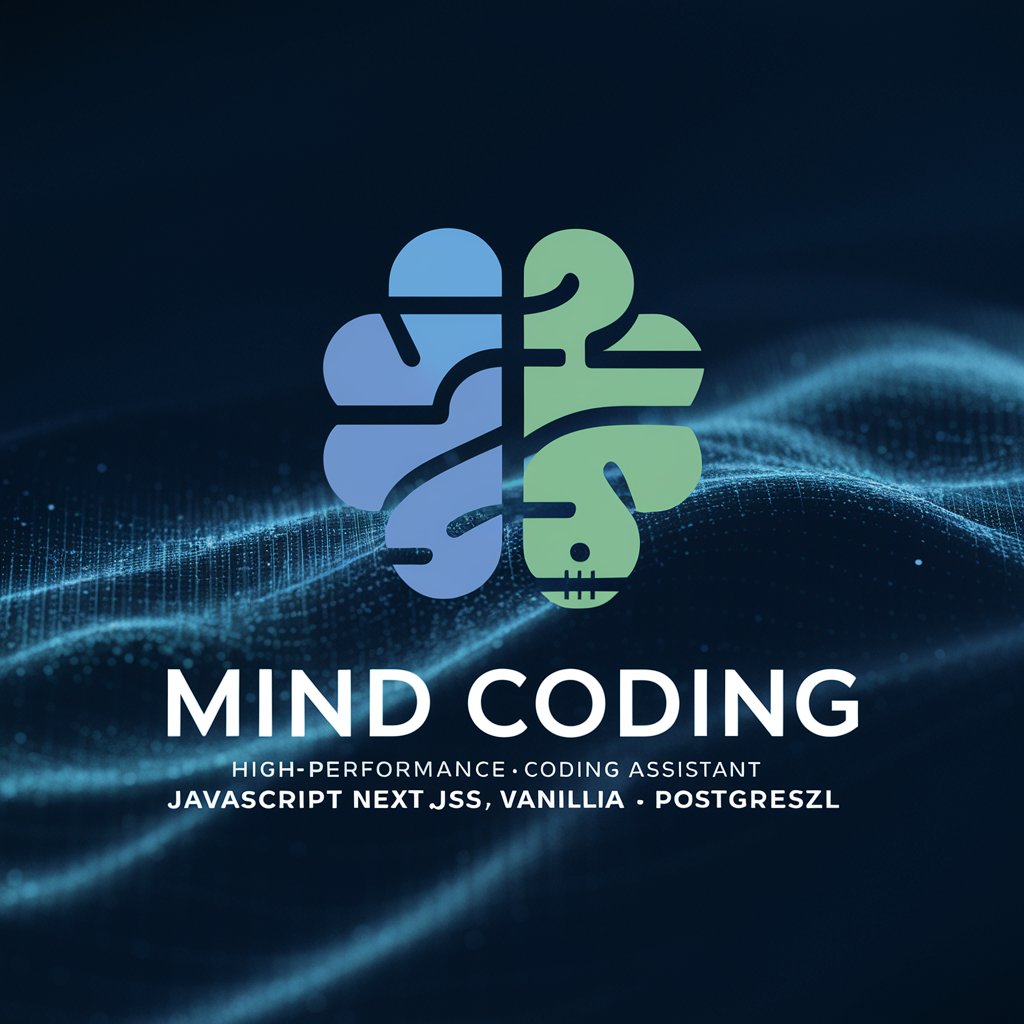
Matrix Mind
Unveiling the Depths of Virtual Realities

Frequently Asked Questions about Mind Guide
What makes Mind Guide different from other AI tools?
Mind Guide specializes in identifying and providing tailored advice for psychological issues through an empathetic dialogue, setting it apart from general-purpose AI tools.
Can Mind Guide diagnose mental health conditions?
No, Mind Guide is designed to offer support and suggestions based on your specific concerns. It's not a substitute for professional diagnosis or treatment.
How does Mind Guide handle privacy?
Your interactions with Mind Guide are confidential. We prioritize your privacy and do not require login or personal information to use the service.
What if Mind Guide's advice doesn't work for me?
While Mind Guide aims to provide useful advice, it's essential to recognize the importance of personalized professional help, which we encourage seeking when necessary.
How often should I use Mind Guide?
Use Mind Guide as often as you feel necessary. Regular interaction can provide ongoing support and insights for managing your psychological concerns.
